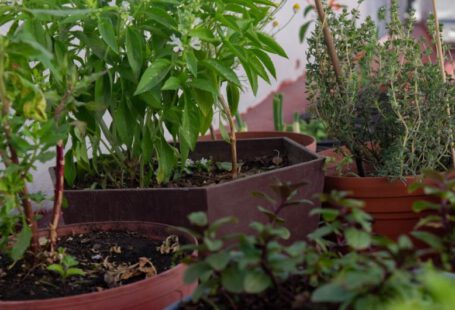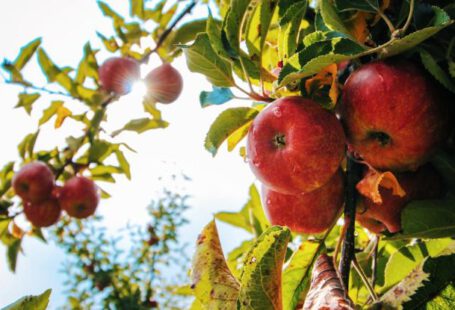Gardening is a fulfilling and therapeutic hobby for many, but it also requires regular maintenance, not just for the plants but also for the tools used to tend to them. Proper care of your garden tools is essential to ensure their longevity and optimal performance. By following a few simple practices, you can keep your tools in top condition for years to come.
**Store Your Tools Properly**
One of the most crucial aspects of maintaining your garden tools is proper storage. After each use, make sure to clean your tools thoroughly to remove any dirt, debris, or sap that may have accumulated on them. Use a brush or a cloth to wipe down the blades of your pruners, shears, and loppers. For tools with wooden handles, such as shovels and rakes, wipe them down with a damp cloth and allow them to air dry completely before storing.
**Keep Them Sharp**
Sharp tools not only make your gardening tasks easier but also help prevent damage to your plants. Regularly sharpen your pruning shears, loppers, and other cutting tools using a sharpening stone or file. For larger tools like shovels and hoes, use a file to remove any nicks or burrs that may have formed on the blade. Keeping your tools sharp will ensure clean cuts and reduce strain on both you and your plants.
**Oil Moving Parts**
To prevent rust and ensure smooth operation, it is essential to oil the moving parts of your garden tools regularly. Apply a few drops of oil to the pivot point of your pruners, shears, and loppers to keep them moving freely. For tools with adjustable parts, such as hedge trimmers or trowels, make sure to oil these areas as well. A light coat of oil will also help protect metal surfaces from moisture and corrosion.
**Inspect for Damage**
Regularly inspect your garden tools for any signs of damage or wear. Check for loose screws, cracked handles, or bent blades that may affect the performance of the tool. Replace any damaged parts or consider investing in a new tool if the damage is beyond repair. By addressing issues early on, you can prevent further damage and prolong the lifespan of your tools.
**Clean and Dry After Use**
After each use, make it a habit to clean and dry your garden tools before storing them. Use a bucket of warm, soapy water to clean off any dirt or residue, then rinse the tools thoroughly and dry them with a clean cloth. For tools with metal parts, consider using a wire brush to remove any stubborn debris. By keeping your tools clean and dry, you can prevent rust and corrosion, extending their lifespan.
**Maintain Wooden Handles**
If your garden tools have wooden handles, it is essential to take extra care to keep them in good condition. Regularly sand down any rough spots or splinters on the handles to prevent them from causing blisters or injuries. Treat the handles with linseed oil or a wood preservative to keep them from drying out and cracking. Proper maintenance of wooden handles will not only prolong their lifespan but also make using the tools more comfortable.
**Wrap Up**
In conclusion, maintaining your garden tools is essential for their longevity and optimal performance. By following these simple practices, such as proper storage, sharpening, oiling, inspecting for damage, cleaning and drying after use, and maintaining wooden handles, you can ensure that your tools remain in top condition for years to come. Taking care of your tools not only saves you money in the long run but also makes your gardening tasks more enjoyable and efficient. Treat your tools with care, and they will serve you well for many seasons to come.





